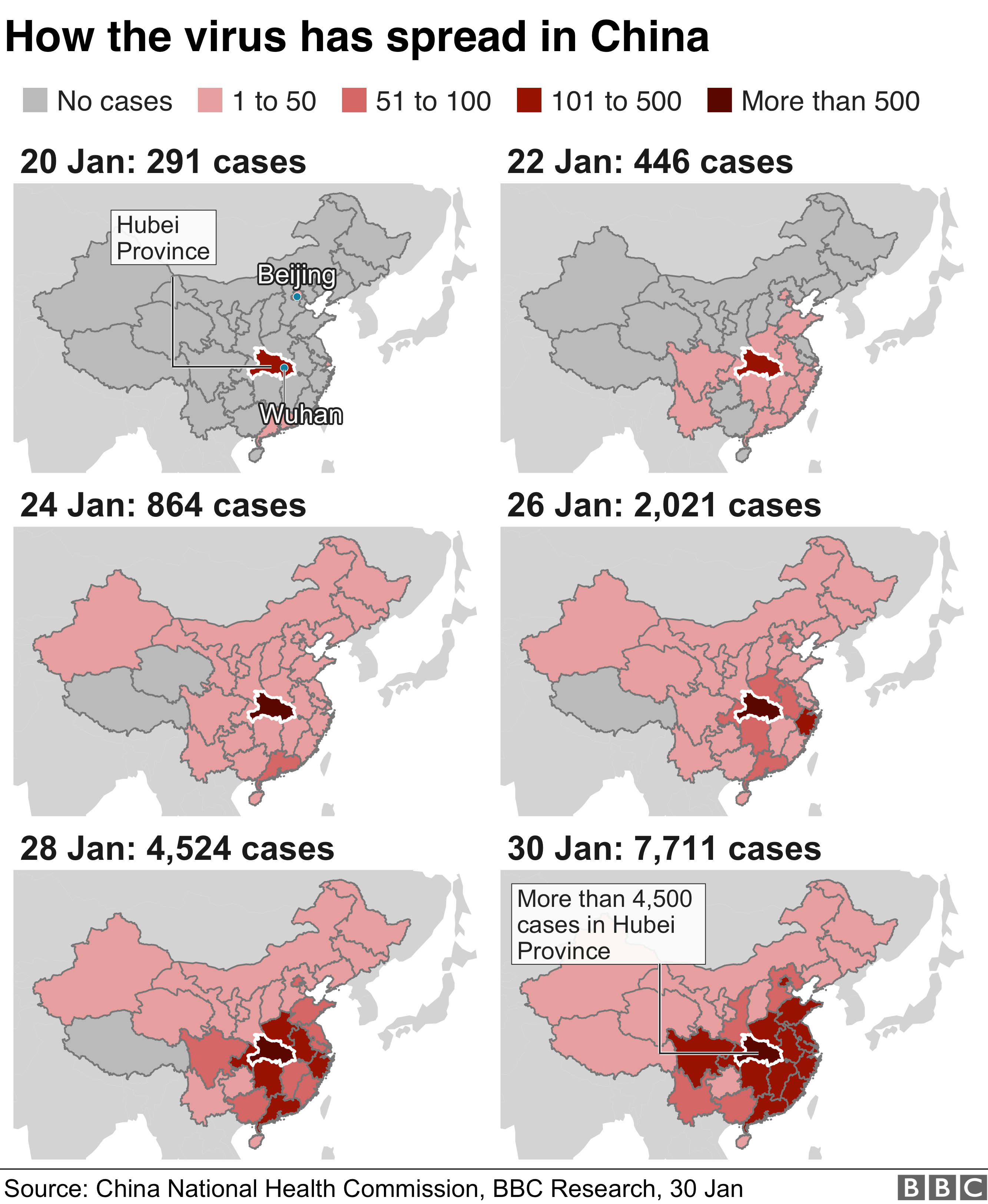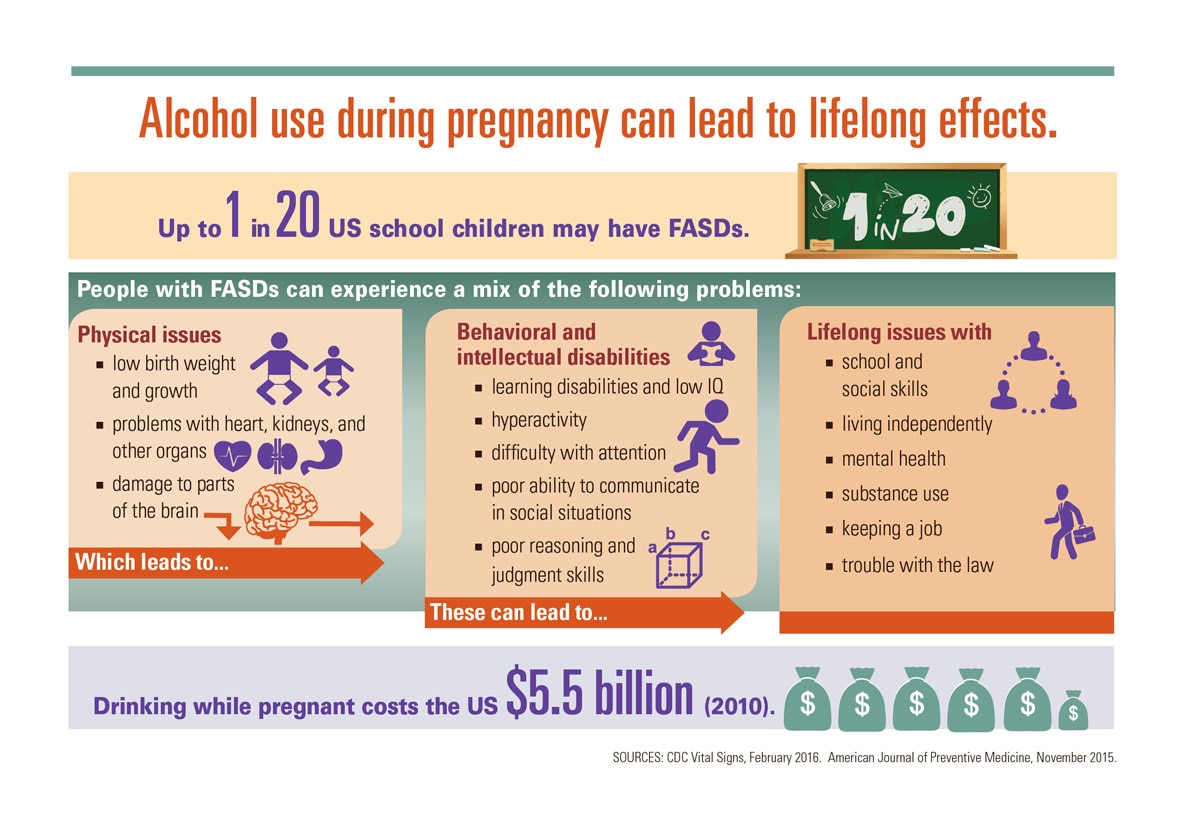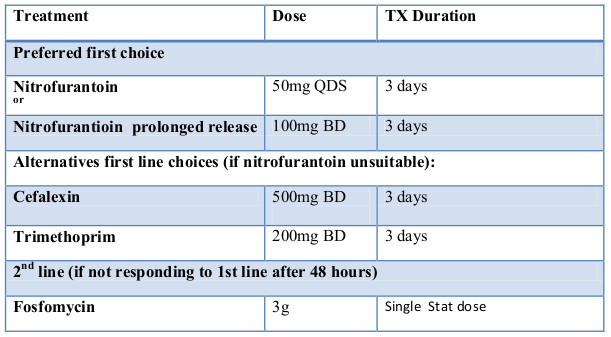The good news however is that the progression of kidney disease can be slowed or even stopped if caught early enough. A challenge for the nephrologist is to help determine if these symptoms are related to advancing CKD or the effect of various comorbidities andor medications prescribed.
 Adults With Chronic Kidney Disease Overview And Nursing Care Goals American Nurse
Adults With Chronic Kidney Disease Overview And Nursing Care Goals American Nurse
Your kidneys help your whole body work properly.
Ckd signs and symptoms. The initiation of dialysis can have a variable effect on quality of life. Symptoms are often rare and people can lose up to 90 per cent of kidney function without noticing any obvious signs. Later stages of CKD.
Swollen ankles feet or hands as a result of water retention shortness of breath. Some of the symptoms of CKD stage 3. There certainly are kidney disease conditions that can cause pain like kidney infections pyelonephritis or kidney stones.
I see dialysis patients who. Swelling or inflammation in the legs feet hands or face. Serum creatinine may be high tiredness and fatigue swelling back pain changes in appetite poor digestion changes in.
Some indicators of reduced kidney function include. As kidney disease progresses patients often experience a variety of symptoms. A number of symptoms can develop if kidney disease is not found early or it gets worse despite treatment.
However medical kidney disease due to something like hypertension or diabetes may not cause you to feel any pain. Early signs and symptoms Changes in urine habits having to go more often but producing little or no urine or changes in the urine frothy bubbly dark in color or with blood or feelings of pressure in the lower pelvic area. Weight loss and poor appetite.
Similarly you could continue to produce urine even in advanced stage 5 CKD. The clinician also must decide the timing of dialysis initiation. When you have CKD you can also have problems with how the rest of your body is working.
Many people are asymptomatic or have non-specific symptoms such as lethargy itch or loss of appetite. Signs and symptoms of CKD in stages 3 and 4. Some of the common complications of CKD include anemia bone disease heart disease high potassium high calcium and fluid buildup.
Itching is often caused by high blood levels of phosphorus. You may not notice symptoms of chronic kidney problems in stages 1 and 2 but the signs start to become more noticeable in stage 3. Dry and itchy skin may be a sign that you have an imbalance of minerals and nutrients in your blood due to kidneyu0003disease.
Incidence prevalence and progression of CKD also vary within countries by ethnicity and social determinants of health possibly through epigenetic influence. Swelling in your hands legs or feet. Blood in your pee urine.







&srotate=0)




